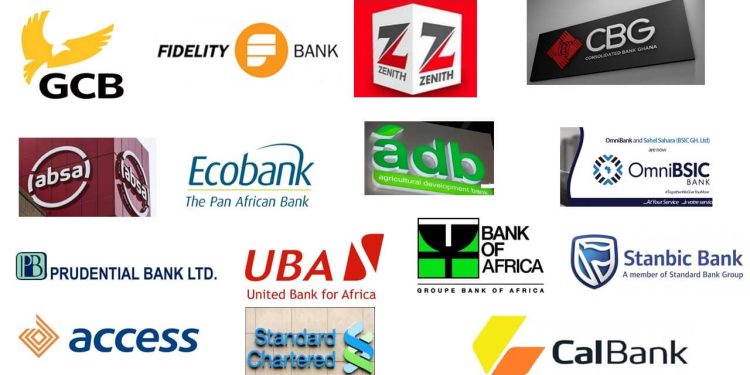Thirteen banks that faced capital shortfalls due to Ghana’s Domestic Debt Exchange Programme (DDEP) have successfully met their recapitalisation goals by the end of 2024. They are now on course to restore their Capital Adequacy Ratio (CAR) to the required 13% by the end of 2025.
However, according to the latest IMF Country Report, one state-owned bank and a few other institutions continue to lag significantly. Their slow progress is attributed to delays in shareholder capital support, high non-performing loans (NPLs), and sluggish recognition of credit impairments and provisions.
These banks are now under stricter supervision by the Bank of Ghana, which is implementing corrective actions to help them meet their targets by 2025.
The IMF report adds that the Ghana Financial Sector Stability Fund (GFSF), which includes a World Bank-supported component, could assist these struggling banks—if they receive enough capital to qualify.
Despite progress, challenges in the financial sector remain. The NPL ratio has declined to 22.6% as of 2024, down from 26.7% in Q1, but still remains elevated. Regulators are therefore urging banks to enhance credit risk systems, improve loan classification, and closely monitor NPL reduction efforts.
The report also highlights that specialized deposit-taking institutions (SDIs), critical for financial inclusion, are still dealing with undercapitalization and long-standing structural issues. Implementation of key reforms under the Ghana Financial Sector Strengthening Strategy (GFSSS) is also still pending.
The Bank of Ghana is currently updating its prudential and operational risk frameworks and advancing the adoption of Basel II and III standards. Additionally, it has informed financial institutions that all regulatory reliefs introduced after the DDEP will expire by the end of 2025.

